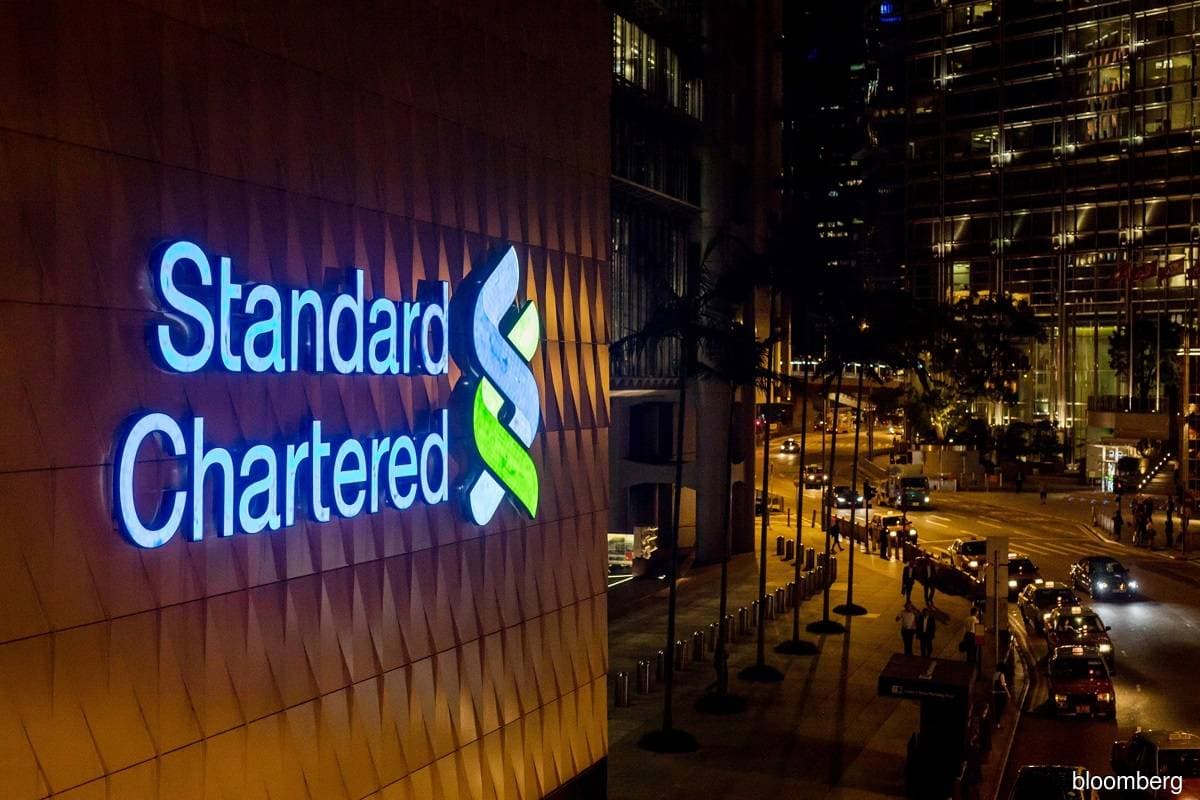
KUALA LUMPUR (Oct 18): Some US$8.2 trillion (RM38.65 trillion) of investable retail wealth could be channelled into sustainable investments by 2030 to finance environmental, social and governance (ESG) objectives in 10 growth markets, according to Standard Chartered's (StanChart) Sustainable Banking Report 2022.
In Malaysia, US$35 billion could be mobilised towards top ESG priorities, particularly the financing of climate transition.
This capital could also play a critical part in bridging funding gaps in Malaysia's other ESG priorities such as pollution and waste management, said StanChart in a statement accompanying the release of the report on Tuesday (Oct 18).
StanChart found that across Malaysia, 36% of investors wanted to put their money towards addressing climate issues.
However, barriers currently faced by Malaysian investors continued to limit the expansion of sustainable investing such as perceived low returns/higher risk (53%), accessibility (51%) and comparability (45%).
"These findings demonstrate how financial institutions can play a critical role in unlocking available capital by breaking down these barriers for retail investors, using analysis based on investor behaviour and motivation," the report added.
To overcome these barriers, the report recommended democratising access to sustainable investments by making more solutions available in more markets via digital platforms.
These included providing clear and transparent information and addressing investor apprehension by giving data-led advice on how to match their ESG priorities with the right solutions.
Managing director and head of consumer, private and business banking at StanChart Malaysia, Sammeer Sharma, said that the report showed that 72% of affluent investors and 86% of high-net-worth investors in Malaysia had high levels of interest in sustainable investments, motivated by their desire to help restore the environment and hedge against ESG risks.
"The synergies between shariah-compliant investing and sustainable investments also present an opportunity to channel private capital towards sustainable investments.
"We know that a rapidly growing number of our clients want their investments to make a positive impact on the environment and in society, and there is a significant appetite to take ESG investment from a niche play to a mainstream investment strategy," he said in the statement.
Sammer added that retail investors could be the key to unlocking finance for ESG priorities if barriers were addressed.
